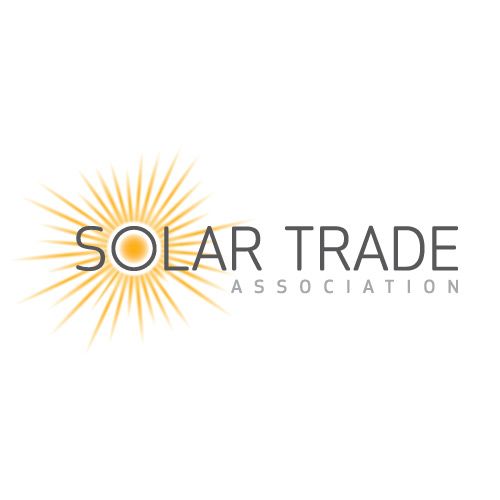

On June 13, the European Parliament approved the revision of the EU energy legislation on energy labelling, LabelPack A+, from A to G. This will apply to electrical appliances in the EU, including the UK, from the end of 2019.
However, for space or water heating devices or packages, including those using solar thermal energy, this change will not apply until after 2020. Therefore, these products will be still using the previous range of energy efficiency categories, which can go up to the Class A +++. The key message for consumers and installers for the next three years is that only heating systems that integrate renewables, including solar thermal, can achieve the highest efficiency rating.
Isabella O’Dowd, LabelPack+ lead at the Solar Trade Association policy analyst, said: “Solar thermal has traditionally been used for heating water, but increasingly it can be used to top up your space heating as well. If consumers are looking to get the most efficient heating system they should look out for the A +++ label until changes come in 2020.”
Pedro Dias, secretary general of the European Solar Thermal Industry Federation, the trade association coordinating the LabelPack A+ project, supported by the European Union via Horizon 2020. Pedro said: “We welcome the fact that the manufacturers and installers of space and water heaters do not have to change their energy efficiency label yet. As the label has just been introduced recently, the heating sector and consumers are still adapting to use its potential fully. One advantage of using the previous energy categories is to easily identify solutions using renewables, as only systems using renewable energies, can reach the most efficient categories above A+.”
About LabelPack A +
LabelPack A+ is a project to promote the introduction of energy efficiency labelling of heaters, water heaters and combinations financed by the EU Commission under the Horizon 2020 program. It is being implemented in six European countries by 11 participating organisations.
